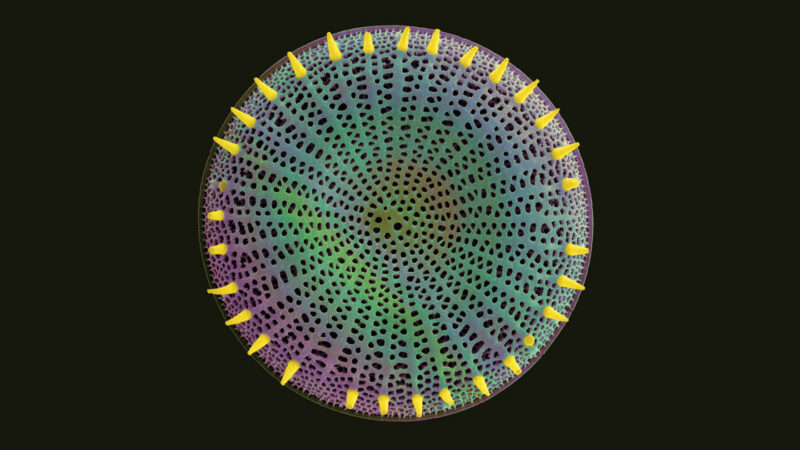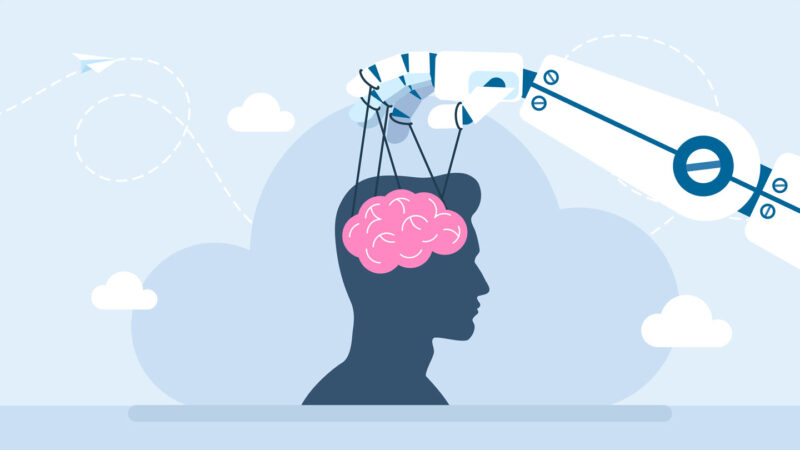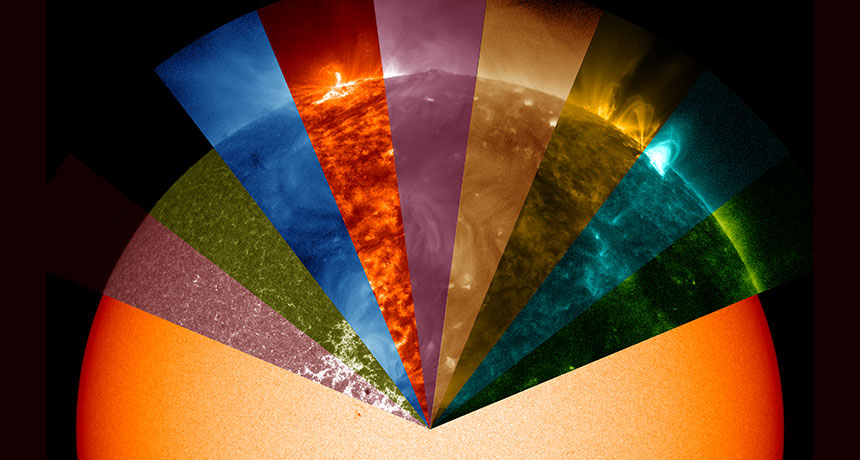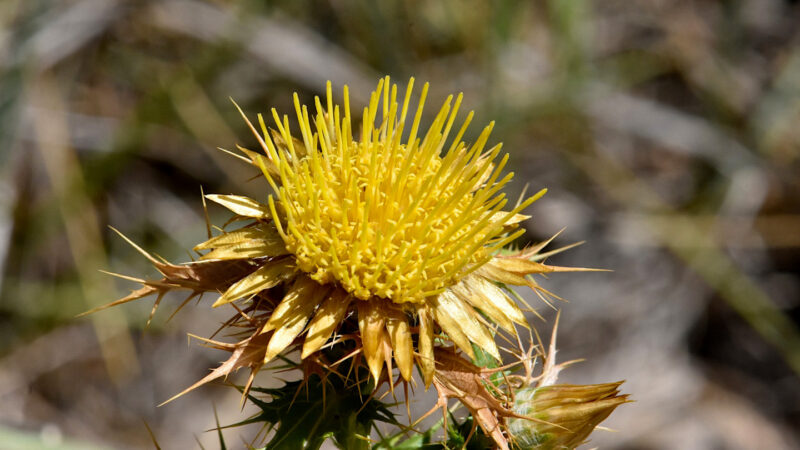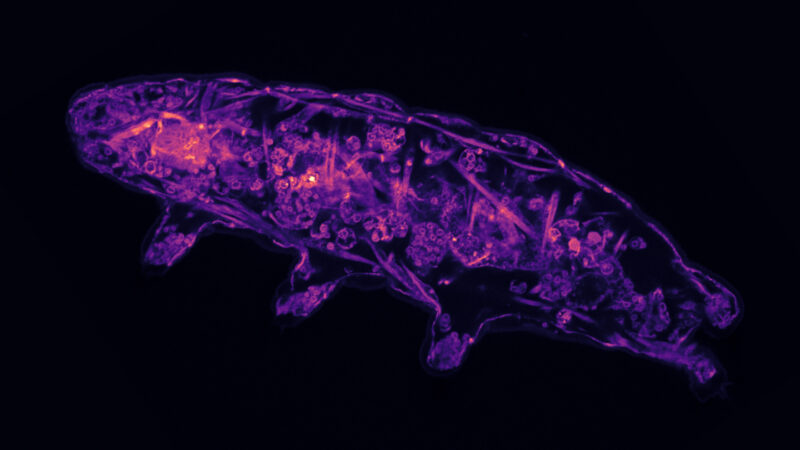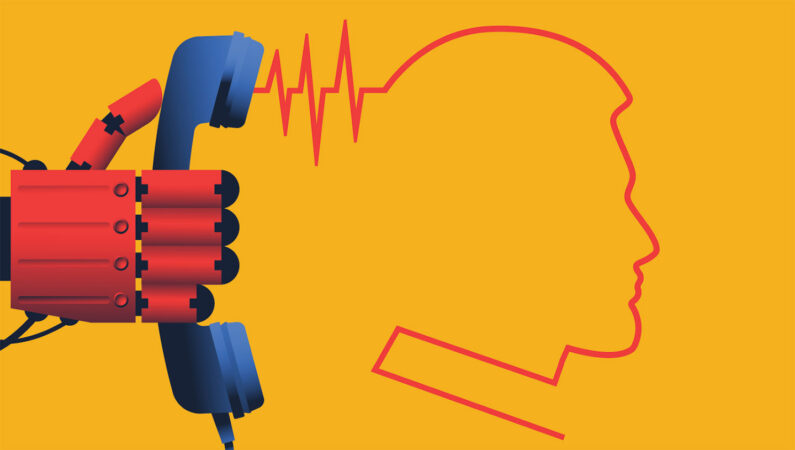
A new tool could guard against deepfake voice scams
Imagine scrolling through TikTok and seeing famous YouTuber MrBeast pop up. He says he’s giving away brand-new iPhones. “Click the link below to claim yours now!” Do you click? Maybe. It sure looks and sounds like MrBeast. But it’s actually a deepfake — a phony clip created by artificial intelligence, or AI. Last October, this…


